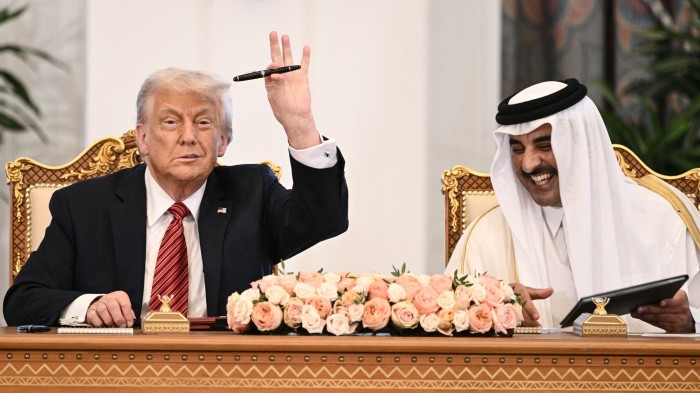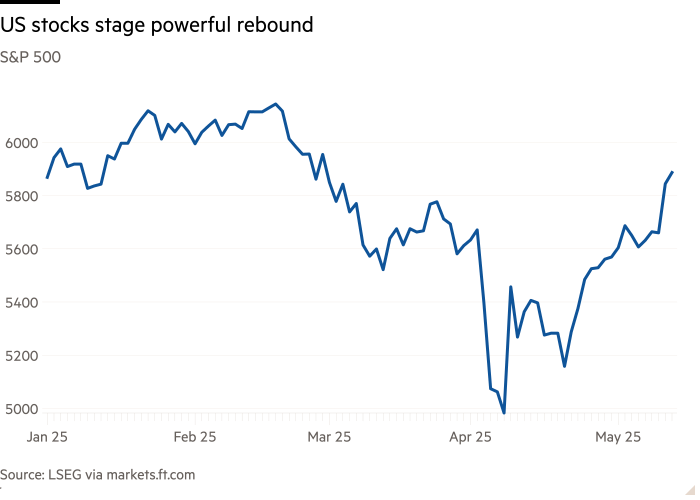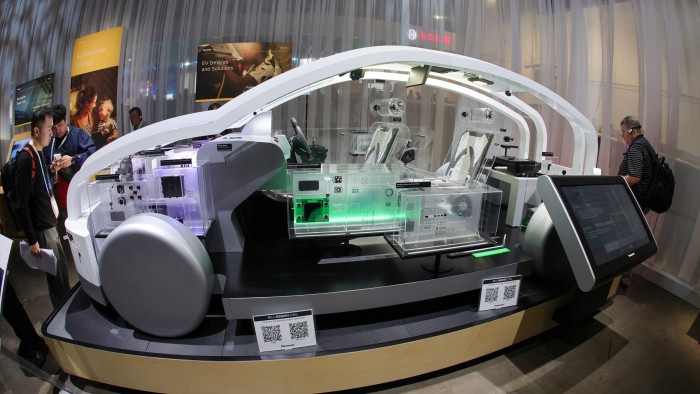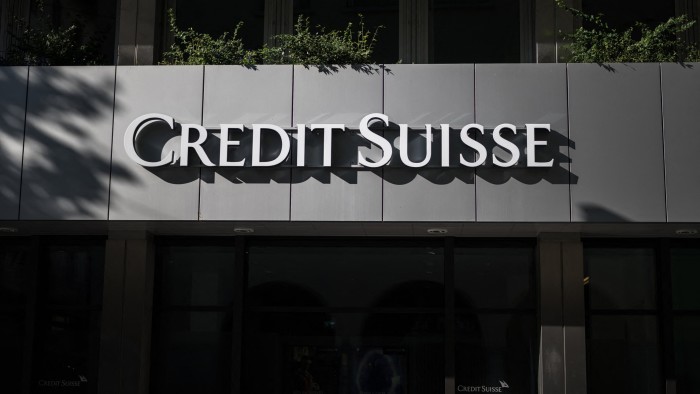Western carmakers risk wipeout in China, warns Jeep owner Stellantis
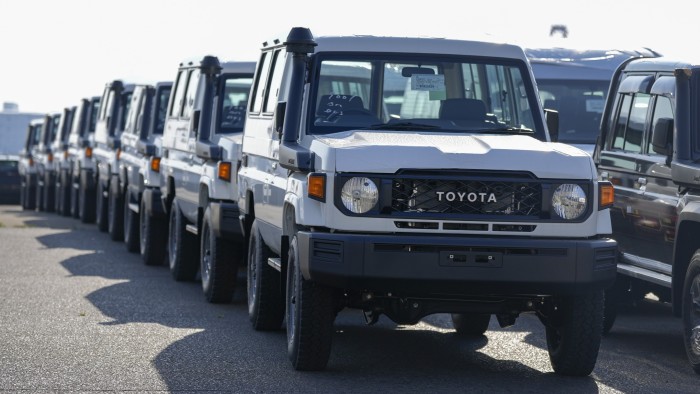
Unlock the Editor’s Digest for free
Roula Khalaf, Editor of the FT, selects her favourite stories in this weekly newsletter.
Western brands may not have a future in China as local carmakers close in on the last remaining stronghold held by the likes of Volkswagen and Toyota, Stellantis has warned.
Asked whether western auto groups would be able to compete with local brands in China, Maxime Picat, Stellantis’s chief operating officer for Asia-Pacific, Middle East & Africa, and one of the two internal candidates to become the next group chief executive, said: “I’m quite an optimistic guy, but not on that one.”
Local brands have taken significant market share in China from foreign carmakers across electric car and larger vehicle segments, but brands such as Toyota and Volkswagen still sell large volumes of mid-sized petrol vehicles, known as the “C-segment”.
“I was shocked,” said Picat at the FT’s Future of the Car summit, pointing to the expanding offensive of local brands in all vehicle segments. This means that western carmakers are left with the “internal combustion engine C-segment. And that will not last,” he added.
“If you look at what has happened across recent years, the trend [of falling market share] is strong and it’s been very difficult for western [carmakers] to keep their position in China,” he said.
While many western companies, including Stellantis, have gradually retreated from China amid fierce competition and a bruising price war, German manufacturers such as Volkswagen have doubled down on a market that has long been a source of profits.
Volkswagen, Toyota and other foreign brands have adopted the “in China for China” strategy to win back consumers who have shifted to more affordable and tech-packed electric vehicles from homegrown brands. Last year, VW announced a further €2.5bn investment in China.
Foreign brands’ market share in China stood at 32 per cent in the first two months of this year, less than half the 64 per cent they held in 2020. BYD has overtaken Volkswagen’s long-held position as the best-selling brand, according to Shanghai consultancy Automobility.
But Volkswagen and Toyota are still the top two manufacturers of petrol vehicles in China with a combined market share of 34 per cent.
After winding down its ventures in China, Stellantis — the owner of Peugeot, Fiat, Opel and other brands — took a 20 per cent stake in Leapmotor for €1.5bn and is helping the Chinese start-up grow sales in China and Europe.
In an effort to signal its commitment to the Chinese market, VW has been a vocal critic of the EU’s anti-subsidy tariffs on Chinese EV imports — a divisive issue that has split German carmakers from supporters of the measures, such as Stellantis and Renault, which have little exposure to the Chinese market.
Picat has emerged alongside Stellantis’s North American boss Antonio Filosa as a two internal candidates to replace Carlos Tavares, who left Stellantis in December after strategy disagreements.
Asked about the plan to find a replacement for Tavares, Picat said: “The board has started a very comprehensive process which is important . . . and they have announced the timing so everything is under control and that will be a good decision, whatever the decision.”



